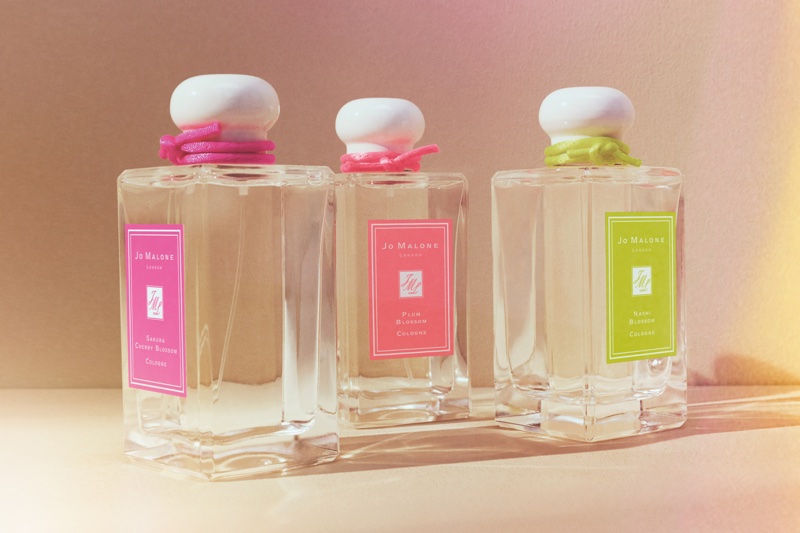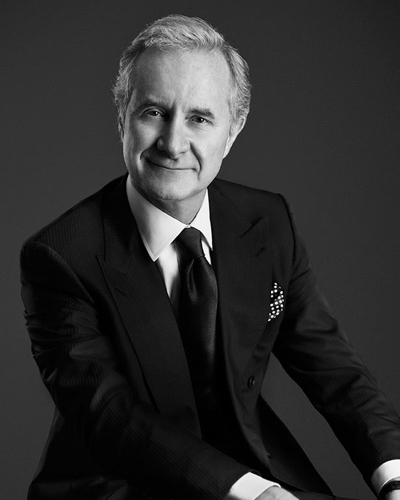The Estée Lauder Companies (ELC) has announced strong Q3 2018 figures, with net sales up by 13% to US$3.37bn.
Skin care, the biggest category earner, drove overall sales by 25% from $1.1bn to $1.45bn.
New launches from La Mer, Estée Lauder, Origins, GLAMGLOW and Clinique were attributed to the sharp uptick.
At an increase of 5% to $1.39bn, ELC’s make-up division reported the slowest growth.
MAC’s sales were supported by the APAC region and travel retail, which offset slow US bricks-and-mortar sales.
Meanwhile, Tom Ford’s sales were driven primarily by its eyeshadow lines.
More on advertising:
- French millennials are more influenced by online beauty advertising
- How to eliminate gender stereotypes in beauty advertising
- Puig wins ASA ruling after Paco Rabanne fragrance ad receives 120 complaints
Fragrance and hair care both grew by 7%, to $382m and $139m respectively.
Jo Malone London, and its English Fields collection launch, was singled out as a strong performer, with double digit growth in every region and travel retail.
In hair care, Aveda's lnvati Advanced and Full Spectrum Demi+ as well as Bumble and Bumble’s expansion into Ulta Beauty managed to partly offset weak US salon sales.

Jo Malone London's new blossom-themed collection
“Among our multiple engines of growth, travel retail, online and Asia again were standouts, and we experienced strong momentum in other high growth channels and markets,” said Fabrizio Freda, President and CEO of ELC.
“These results reflect our strong array of hero products, as well as product and service innovations that resonated well with today’s diverse global consumers.”
False advertising revelations
However, ELC’s celebration was short lived as the beauty giant’s shares fell 6.9% to $135 – the biggest decline since 2015 – after Freda admitted to false advertising claims.

Fabrizio Freda / Source: ELC
“We recently learned that some testing related to certain products advertising claims had been intentionally altered for some time by a small group of employees,” Freda said on a conference call with analysts, reported Bloomberg.
“This clearly does not meet our standards,” he added.
“We are sorry this occurred and we take full responsibility for this matter.”
Freda did not disclose which products were marketed to mislead customers, however, a comprehensive internal review is said to be underway.
This is not the first time the 72-year-old company has been tangled up in false advertising controversies.
In 2015, consumer Donna Tomasino filed a lawsuit against ELC claiming that the brand-owner’s Advance Night Repair Collection did not live up to its advertising claims to repair DNA damage to make skin look younger.



